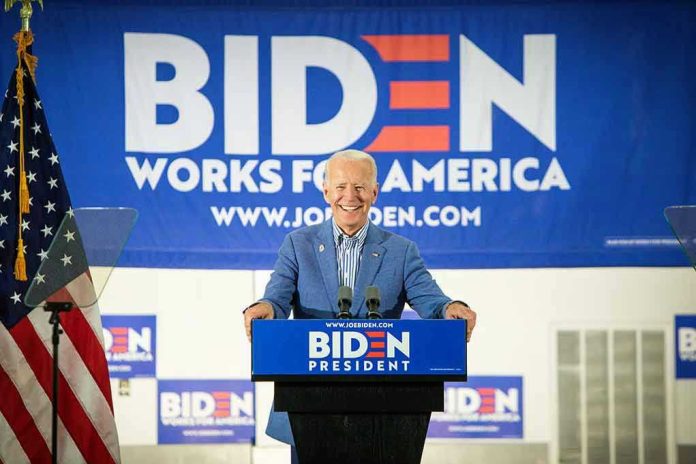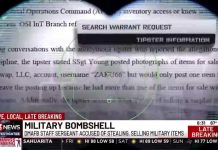
Former President Joe Biden’s unprecedented preemptive pardons for five family members at one point left the nation in shock. But now, amid the ongoing autopen scandal? Questions about the ethical boundaries of executive power have resurfaced.
At a Glance
- President Biden issued preemptive pardons to five family members on his last day in office.
- The pardons have sparked intense scrutiny over the transparency and propriety of the process.
- There is ongoing debate about the president’s personal involvement in the decision-making process.
- These actions have set a concerning new precedent for future presidential behavior.
Biden’s Bold Pardons
On January 19, 2025, just a day before leaving office, President Biden issued a series of pardons that have left Americans bewildered and questioning the integrity of the presidential clemency process. Among the recipients were five of his family members, a move that has no direct precedent in U.S. history. While the power to pardon is constitutionally granted to the president, the preemptive nature of these pardons has stirred a hornet’s nest, igniting debates about ethics and accountability.
These clemency actions included high-profile figures and political allies, drawing parallels to controversial pardons by past presidents. However, Biden’s decisions stand out due to the familial ties involved, challenging the limits of executive power and raising eyebrows across the political spectrum. The White House justified these actions by highlighting the recipients’ remorse and contributions to their communities, but skeptics see a glaring conflict of interest.
Legal and Ethical Quagmire
The legality of the pardons isn’t in question; Article II of the Constitution grants this authority. Nonetheless, the ethics of pardoning family members, especially without charges filed against them, have come under heavy fire. Critics argue that such actions could undermine public trust in the impartiality of the presidential pardon process, setting a dangerous precedent for future administrations.
Legal scholars have underscored the unprecedented nature of these preemptive family pardons. While past presidents have issued controversial pardons, none have done so in such a self-serving manner. This raises the question: where do we draw the line between personal interest and public duty?
The Role of Media and Public Perception
The media’s role in this unfolding drama has been significant, scrutinizing every angle with fervor. Yet, as always, the legacy media’s coverage—or lack thereof—raises questions. Some outlets have been accused of downplaying the severity of the situation, focusing instead on the narrative of redemption and second chances touted by Biden’s official statement.
Public perception has been divided, with many Americans feeling betrayed by a system that seems to protect the powerful at the expense of justice. The media’s portrayal of these pardons has only fueled the fire, as calls for greater transparency and accountability grow louder. The absence of detailed accounts regarding Biden’s personal involvement in each decision adds to the speculation and mistrust.
Long-term Consequences
The ramifications of Biden’s actions will likely reverberate for years. By setting a precedent for preemptive family pardons, a new bar has been set for what is deemed acceptable in the realm of presidential clemency. This could potentially embolden future presidents to exercise their powers in similarly controversial ways, further eroding public confidence in the justice system.
The political landscape is sure to see shifts as debates over executive power and accountability intensify. With the possibility of congressional reviews or calls for reform, the long-term impacts on the legal and political sectors could be substantial. These pardons not only affect the individuals involved but also cast a shadow over the integrity of the presidency itself.













